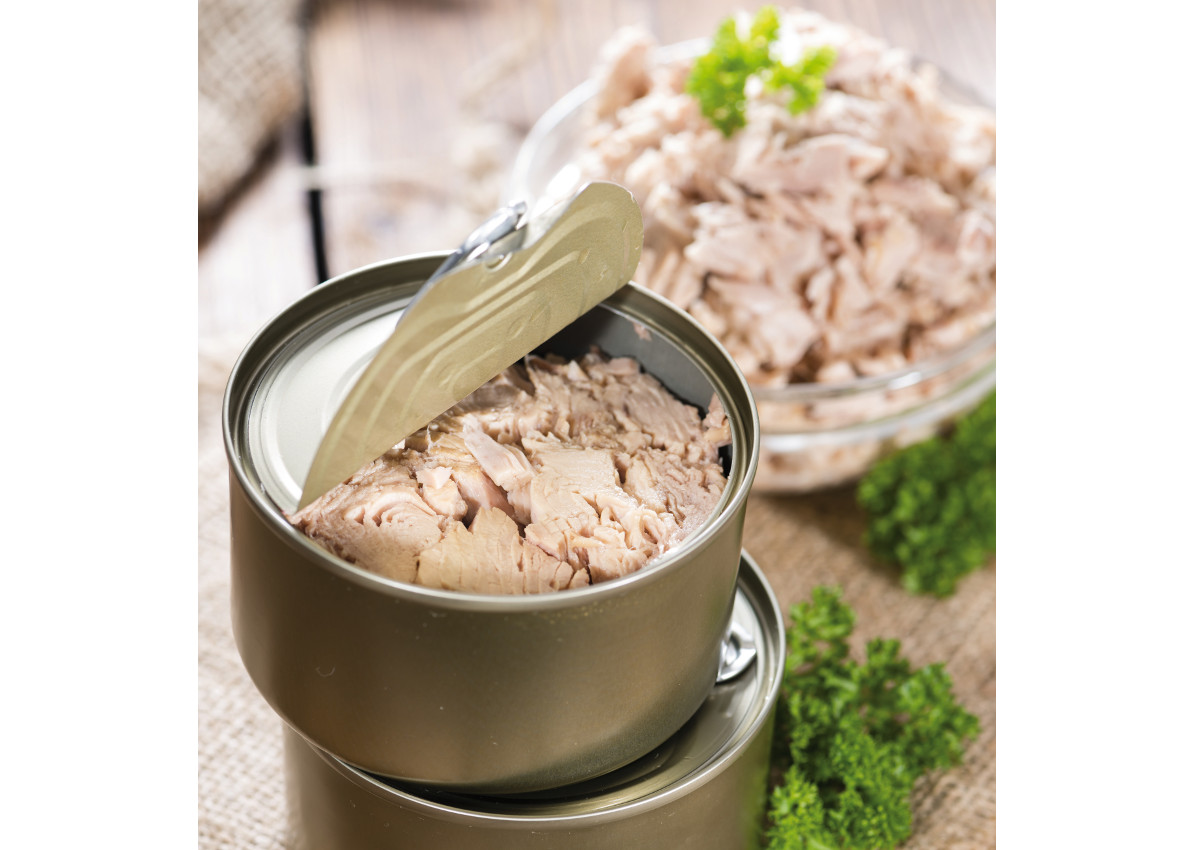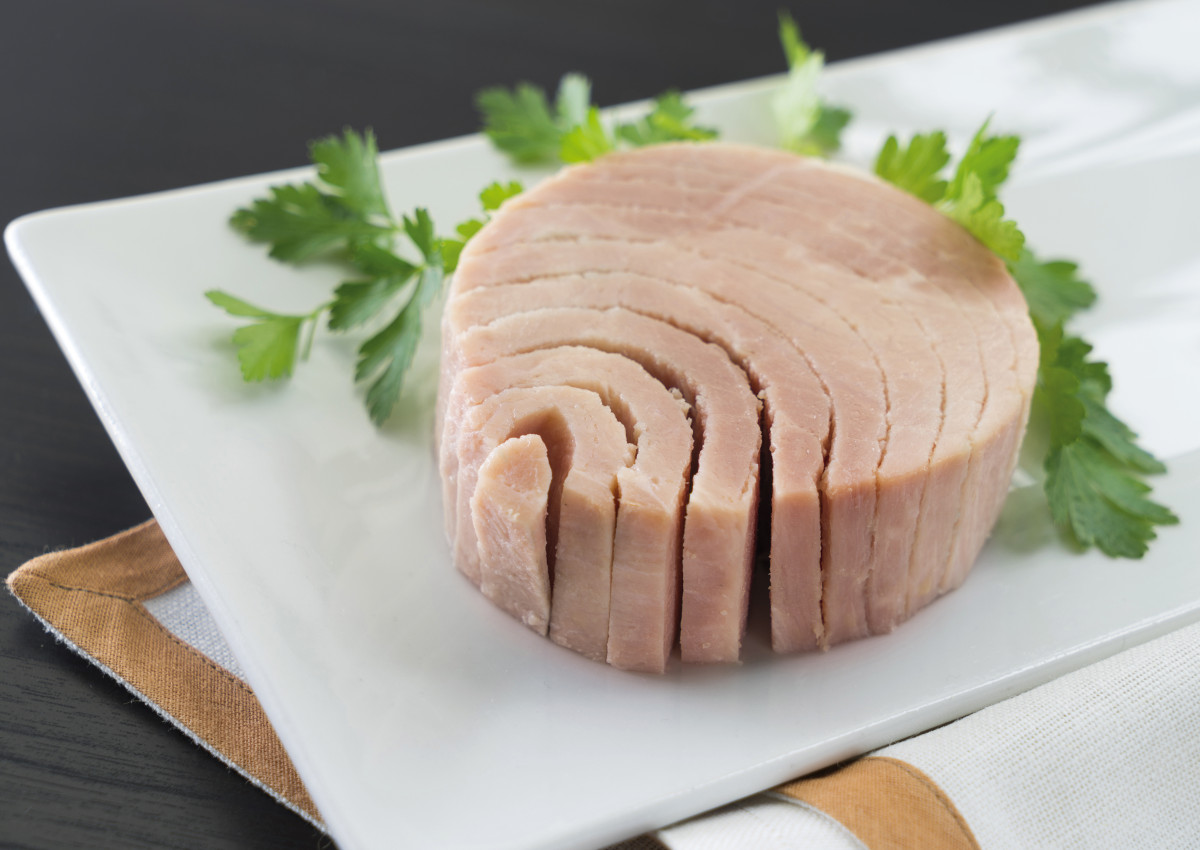“Canned fish industry is strongly engaged in food security and product innovation following both end consumers needs and environment sustainability” says Massimo Rizzoli for Ancit – Associazione Nazionale Conservieri Ittici e delle Tonnare (Ital’s National Association of Fish and Tuna Conservers). Italian fish supply chain, in fact, monitors fishing and production activities through international certification bodies such as Msc – Marine Stewardship Council – and Friend of the Sea in order to ensure a premium sustainable offer to the market.
ITALIAN CANNED FISH COMPANIES COMMITMENT TO SUSTAINABILITY
Generale Conserve – the second Italian company in the tuna oil sector with As Do Mar brand as the premium segment leader – has recently won the third edition of Oasis Ambiente 2018 Prize for the Process and Product Innovation category thanks to their commitment to sustainability with Tonno Zero Spreco (zero waste tuna) project. “During 2019 we will increase export in brand new markets – announces Giovanni Battista Valsecchi, General Manager for Generale Conserve – and Made in Italy As Do Mar tuna production will represent the first driver for this business thanks to the quality of ingredients and the production located where the experience and culture of healthy food are deeply rooted”. Prepared and selected with artisanal care in the Olbia factory, the brand’s products are certified by Friend of the Sea as a result of rigorous and selective control criteria. Iasa expands their range of grilled fish products with innovations such as the Sea Bream and Sea Bass Fillets, following the success obtained with the launch of grilled tuna five years ago, a novelty in the category. “This wider line of easy to eat products gives us the chance to expand artisanal and sustainable quality on a large scale, piquing the interest of big food chains and gourmet shops” they say from Iasa. For Delicius Rizzoli innovation means sustainability and reducing waste: “Our anchovies contain very few oil thanks to the innovative packaging that allows a complete edible content – explains Export Manager Alessandro Farneti – making the product more valuable: easy open, easy serving, no waste”. L’Isola d’Oro launches a range where ginger – known for its antibacterial, disinfectant and aphrodisiac properties – combines with tuna and anchovies to offer products focusing on wellbeing and health as well as on taste. Made in Italy and tailor made offerings, both for retail and foodservice, are the two main export drivers. Giacinto Callipo Conserve Alimentari‘s strategic plans for abroad aim to communicate to consumers authentic yellow-fin tuna processes, made by hand following ancient traditions, by the use of signature glass jars allowing to see the product inside. “In a category which is generally fully saturated by mainstream products manufactured abroad with no specific added value, our objective is to create a segment of super-premium products that deliver the authentic quality of our handcraft production process” explains Angela Neglia, Sales Director for Callipo Conserve Alimentari. Innovative packaging together with supply chain and product certifications characterize Rizzoli Emanuelli‘s range. The best selling product is Alici in Salsa Piccante “but also plastic boxes are most appreciated – points out Export Manager Cinzia Romeo – especially Le Cantabriche (Msc certified), a key product to access to European retail market where we are enhancing our distribution network. In non-EU areas, on the other hand – concludes Romeo – we are adapting labels to existing legislation to enter market with a premium look”.

BOLTON FOOD AIMS TO BE THE MOST SUSTAINABLE TUNA COMPANY
“Doing business today means to take supply chain responsibilities in order to make a better planet to live in – declares Giuseppe Morici, CEO for Bolton Food –. Being leader means to track this road to the future”. Last October Bolton Food (Rio Mare) – leading company in the Italian and European canned tuna market – presented their achievements with regard to sustainable fishing and their plans for the future. Among their commitments: developing sustainable fishing supply chain, diversifying catching methods, fighting against illegal fishing and reducing incidental catches. As to their Corporate Social Responsibility project, the company is focusing on four main themes: sustainable fishing, environment, social responsibility and nutrition. Thanks to this effort, for example, within 2024 100% of tuna will be catched by Msc (Marine Stewardship Council) certificated fishery or fishery involved in Robust Fishery Improvement Projects (Robust Fips). At the end of 2017 Bolton Food reached 52,4% of tuna coming from Msc or Robust Fips certified fisheries.

